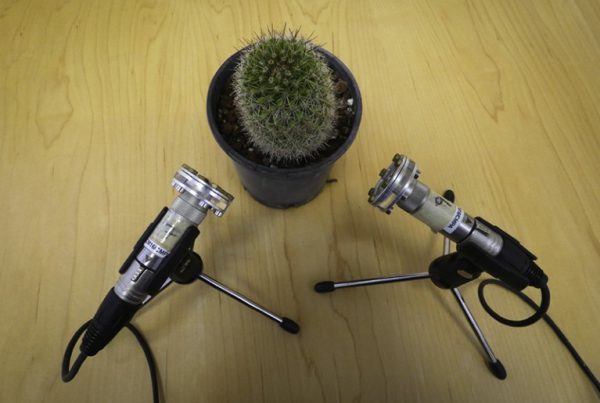heartbeat and sensory stimuli Photo: Myriams-Fotos – Pixabay
KEY POINTS
- A new study revealed the link between the beating of the heart and perception sensitivity
- Scientists found that the heartbeat can alter sensitivity to external stimuli
- The activity of both the heart and the brain are so closely connected
It has been long believed that the heart and the brain work against each other. The heart is the seat of emotions and intuitiveness, while the brain is the center of objective thoughts and rationality. In truth, however, the activity of these two organs is closely connected, with neither of them monopolizing emotion or reason.
For example, a person’s heart may beat faster when he thinks about something frightening or exciting. On the other hand, an early morning jog can help brighten that person’s mood as his lungs and heart work harder.
Adds To Existing Evidence
A new study has added the evidence that the sensitivity of the brain to external sensory stimuli fluctuates in line with the beating of the heart. Researchers based at the Berlin School of Mind and Brain and the Max Planck Institute for Human Cognitive and Brain Sciences at Leipzig have set out to analyze this relationship.
Scientists recruited 37 participants and performed a total of 960 tests. In 800 of these trials, volunteers received a mild electric jolt to either the index or middle finger of their left hand. The participants are to indicate when they sensed the stimulus and in which finger it was felt. The scientists also told the volunteers that there is a stimulus in every trial, but in the remaining 160 tests, there is no stimulus.
Changing The Conscious Experience
Finding The Link
The new study correlated this sensitivity change to a unique feature of the electrical activity of the brain called the P300, which is associated with consciousness. Researchers saw that P300 signals the degree to which a sensory stimulus is “shocking.” The signal is bigger when the stimulus is unforeseen, making it more deserving of conscious attention.
During systole, scientists observed that the P300 signal dips. They hypothesize this may be because an elevated blood pressure’s pulse sweeping through the body whenever the heart contracts is an expected stimulus that is not worthy of conscious attention.
Healthcare Implications
Beyond the curiosity value of the experiments, the new study may also have healthcare implications. Researchers say that after a stroke or heart attack, the common two-way communication between the brain and heart may be weakened. “The new results might help to explain why patients after stroke often suffer from cardiac problems and why patients with cardiac disease often have impaired cognitive function,” Arno Villringer, the director at the Max Planck Institute for Human Cognitive and Brain Sciences, highlighted.
Source: How Sensitivity To External Sensory Stimuli Changes With Your Heart Beat













